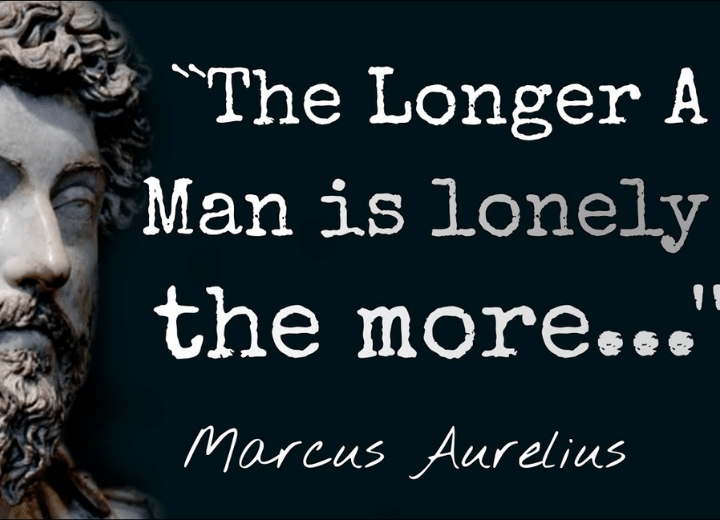Understanding Loneliness
Lhttp://blogpost/corectisko / People often confuse loneliness with being alone, but the two are distinct. Being alone refers to the physical state of isolation, whereas loneliness is a subjective feeling of being disconnected from others. Men can experience loneliness for various reasons, including social isolation, lack of close relationships, or feeling misunderstood and unsupported.
Effects of Loneliness
Loneliness can have a profound impact on a man’s mental, emotional, and physical health. The longer he remains lonely, the more pronounced these effects may become.
- 1. Mental Health: Persistent loneliness can lead to increased rates of depression, anxiety, and stress. It can also contribute to negative thought patterns, low self-esteem, and feelings of hopelessness.
- 2. Emotional Health: Loneliness can leave a man feeling emotionally drained and unsupported. This can lead to difficulties in regulating emotions and can impact one’s overall sense of well-being.
- 3. Physical Health: Chronic loneliness has been linked to a weakened immune system, increased inflammation, high blood pressure, and cardiovascular problems. It can also disrupt sleep patterns and lead to fatigue.
- 4. Cognitive Decline: Long-term loneliness has been associated with cognitive decline and an increased risk of developing conditions such as Alzheimer’s disease. The lack of social stimulation can affect brain health and cognitive functioning.
Coping with Loneliness
While the impact of loneliness can be significant, there are strategies that can help men cope and overcome feelings of isolation.
- 1. Connect with Others: Actively seek out opportunities to engage with others, join social groups, or participate in activities that align with your interests. This can lead to the formation of new friendships and connections.
- 2. Build a Support System: Cultivate relationships with trusted individuals who provide emotional support and understanding. This could include friends, family members, or even professional therapists.
- 3. Practice Self-Care: Engage in activities that promote self-care, such as exercise, adequate sleep, a healthy diet, and hobbies. Taking care of your physical and mental well-being can help combat feelings of loneliness.
- 4. Challenge Negative Thoughts: Loneliness often fuels negative thinking patterns. Practice self-awareness and challenge negative thoughts by replacing them with positive and realistic affirmations.
- 5. Volunteer or Help Others: Engaging in acts of kindness and giving back to the community can create a sense of purpose, fulfillment, and connection with others.
Seeking Help
If loneliness becomes overwhelming and persists despite your efforts to cope, it may be beneficial to seek professional help. Therapists and counselors can provide guidance and support in navigating loneliness and its underlying causes.
Remember, reaching out for help is a sign of strength, and everyone deserves to have meaningful connections and support in their lives.
Frequently Asked Questions Of The Longer A Man Is Lonely The More He
Q: Why Does Loneliness Affect Men More Deeply Over Time?
A: Loneliness can have a profound impact on men’s mental health, leading to increased stress, depression, and social withdrawal.
Q: How Does Prolonged Loneliness Impact A Man’s Physical Well-being?
A: Studies indicate that long-term loneliness can adversely affect a man’s physical health, including weakened immune system, high blood pressure, and increased risk of heart disease.
Q: What Are The Psychological Effects Of Chronic Loneliness On Men?
A: Chronic loneliness can contribute to a range of psychological issues such as anxiety, low self-esteem, insomnia, and even cognitive decline in some cases.
Q: Is There A Correlation Between Prolonged Loneliness And Decreased Life Satisfaction?
A: Yes, research shows that extended periods of loneliness can lead to decreased life satisfaction and overall well-being, affecting various aspects of a man’s life.
Conclusion
Loneliness can be an incredibly challenging experience for men, and the longer it persists, the greater the struggle becomes. Understanding the effects of loneliness and implementing coping strategies can help men overcome feelings of isolation and begin to build meaningful connections with others. Remember, you are not alone, and there is support available to help you through this difficult time.
